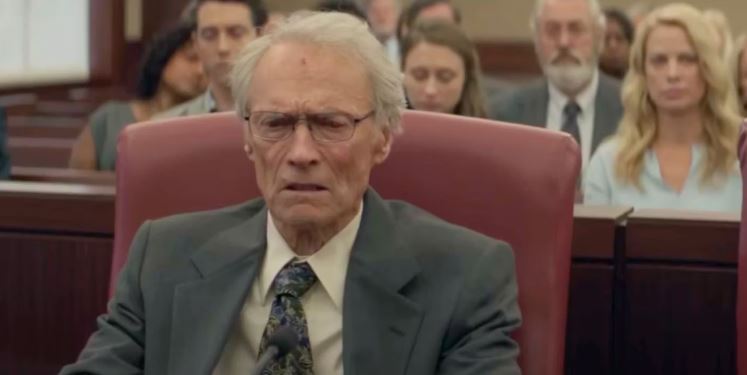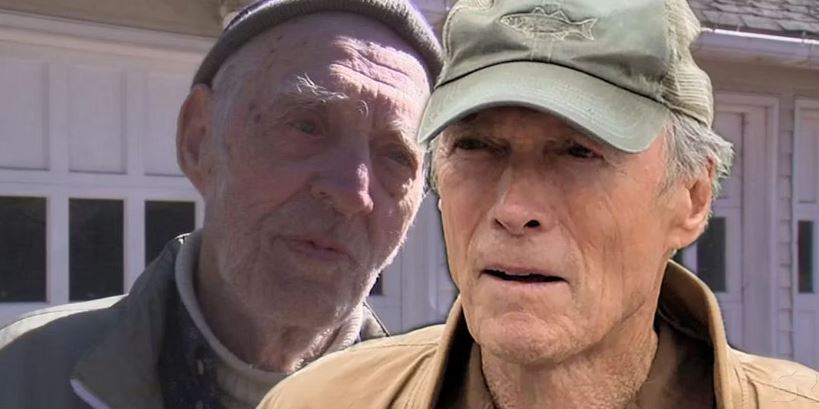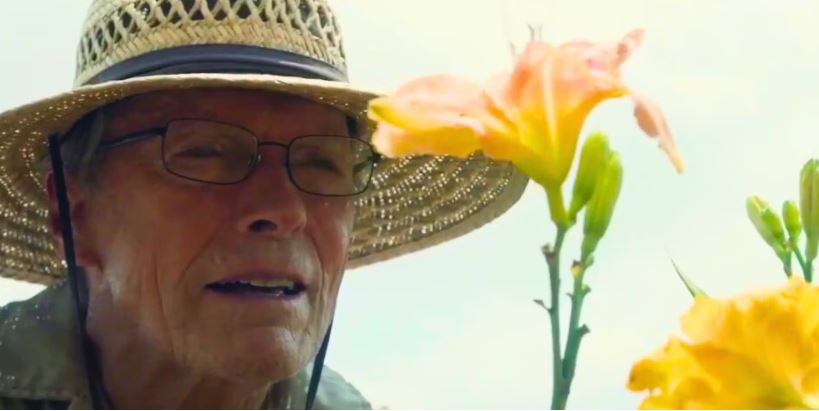Directed by Clint Eastwood, the 2018 crime drama The Mule marked Eastwood’s first starring role in six years, and the film ends on an introspective note. The slow-burning narrative revolves around Earl Stone (Eastwood), an aged Korean War veteran and horticulturist who accidentally becomes a mule for a drug cartel. Eastwood was joined by a cast including his American Sniper co-star Bradley Cooper, Andy García, and Michael Peña. While The Mule wasn’t as praised as heavily as other movies that Eastwood directed, it still became a box-office hit.
While Eastwood earned a name for himself playing brave cowboy heroes, his onscreen image as a hero has drastically changed in the 21st century with movies like Gran Torino, Cry Macho, and The Mule. As the ending of The Mule proves, a much-older Eastwood is content in playing characters struggling to find a purpose in their life as they’ve aged. The subplots involving DEA agents and the protagonist’s estranged family humanize the character further for a well-rounded (if not tragic) conclusion. The fact that The Mule is based on a true story makes the ending all the more hard-hitting.
Why Does Earl Give Himself Up To The Authorities?

The Mule ending builds up to a tension-building climax when Earl draws the cartel’s ire as he goes to meet his dying wife Mary (Dianne West) in a hospital right in the middle of a highly valuable drug deal. Even as the cartel’s ruthless boss Gustavo (Clifton Collins Jr.) spares him, the DEA agents catch up to him and Earl has no option but to go to jail. But he gets a chance to redeem himself in a trial where his lawyer pleads to the judge to show Earl mercy, as he is an elderly decorated war veteran who didn’t actually kill anyone during his time as a drug mule.
However, it is Earl who goes against his own lawyer, interrupting her arguments and pleading guilty to all charges against him. Earl’s admission eventually leads him to a federal prison sentence. Earl is a morally upright man — he hardly broke any traffic rules during his interstate driving adventures — and it’s clear that Earl is burdened by his guilt. In his eyes, the best way to redeem himself for his criminal activity and lack of relationship with his family is jail time. Doing the right thing gives Earl a sense of peace, and The Mule ends with him returning to horticulture.
Does Earl Finally Reconcile With His Family?

Earl Stone ranks among one of Eastwood’s best performances in movies he has directed, partly because of the wry humor and amiable nature that Eastwood emulates while playing the character. But beneath Earl’s friendly attitude lies an emotional subtext hinted at in a scene when he encounters DEA Special Agent Colin Bates (Cooper) at a diner, advising him to balance his work with his personal life, and that “first position should be family”. Thus, it’s ironic that Earl finally reconciles with his estranged family when he goes to jail.
Solely committed to his horticultural work, Earl chose to drive off for long distances with his flowers instead of spending time with his loved ones. This work eventually takes a toll on him as he turns into a lonely drifter. While his stint as a drug mule helped provide financial help to his family, Earl could hardly form any real connections with either his wife or daughter. But as his family continues to support him and promises to visit him in prison, The Mule ending finally offers some hope for Earl. Continuing with horticulture in jail, Earl finally attains a work-life balance that he sought all this time.
What Happened To The Real-Life Earl Stone?

The Mule is directly inspired by The New York Times feature “The Sinaloa Cartel’s 90-Year-Old Drug Mule” by Sam Dolnick which in turn tells the amusing real-life story of Leo Sharp. Much like Earl’s history with the Korean War, Sharp was a World War II veteran who served as a drug courier for the infamous Sinaloa Cartel. Sharp was similarly involved in the flower business for most of his life and began driving for the cartel only in his 80s. He was arrested by the DEA in 2011.
Like in the movie, Sharp did admit to his guilt, and in the courtroom he addressed the judge, saying, “I’m really heartbroken I did what I did, but it’s done.” But as for what happened to the real Earl Stone after The Mule ending, Sharp actually tried to avoid jail time, unlike Eastwood’s character. Instead, Sharp proposed that he could pay the $500,000 penalty that he owed the government by cultivating Hawaiian papayas that he described as “sweet and delicious”. The court rejected his plea and Sharp was sentenced to a three-year prison sentence on May 7, 2014, his 90th birthday)
However, Sharp never completed his sentence as he had to be released after a year for humanitarian reasons (as per ABC7 Chicago). Sharp’s defense attorney Darryl Goldberg also pleaded for an early release as Sharp was believed to have only a life expectancy of six to nine months left. Sharp went on to live longer than, as he passed away at the age of 92 due to natural causes on December 12, 2016. The decorated World War II veteran was buried in Hawaii’s National Memorial Cemetery of the Pacific. Unlike Earl Stone in The Mule, Sharp at least got to spend his final days a free man.
How The Mule Ending Is Similar To Better Call Saul

The Mule ending plays out on a peaceful note, much like the Better Call Saul season 6 ending, even though the series finale premiered four years after The Mule. While Saul Goodman (Bob Odenkirk) is not as old as Earl Stone in The Mule, the disgraced lawyer was mostly committed to his crooked profession and had his own fair share of family troubles. His life turned around when he partnered up with drug cartels like the Salamanca crime family and Breaking Bad’s Walter White (Bryan Cranston). But when his past finally caught up to him, he too rebuked his own defense’s arguments and pleaded guilty on all charges.
Earl and Saul each perfectly represent human guilt. Both protagonists had been through a lot and when a life-changing opportunity came around, they were ready to devote themselves fully. But in both cases, their involvement with crime didn’t necessarily turn them into morally evil characters. Perhaps that is why they regained their humanity in their final court trial, coming clean about their illegal activities. While Earl is happy with his horticultural pursuits in jail and hopes to meet his family occasionally, Saul seems to be finally at peace as he calmly serves out his sentence and gets an emotional visit from his estranged love interest Kim Wexler (Rhea Seehorn).
The True Meaning Of The Mule Ending
The Mule is ultimately the journey of an emotionally-burdened man seeking purpose. Eastwood’s tragic hero dedicates his entire life to nothing but horticulture and when internet-driven modernization takes away his job, Earl is reduced to a hopeless and solitary drifter. But The Mule ending also provides redemption as Earl finally realizes the importance of his family when he is left alone in a strange new world, one where he must operate burner phones and run from the DEA. The pressure of it all and his guilt of ignoring his family finally changes him, and even though it comes later in life, he still finds peace.
